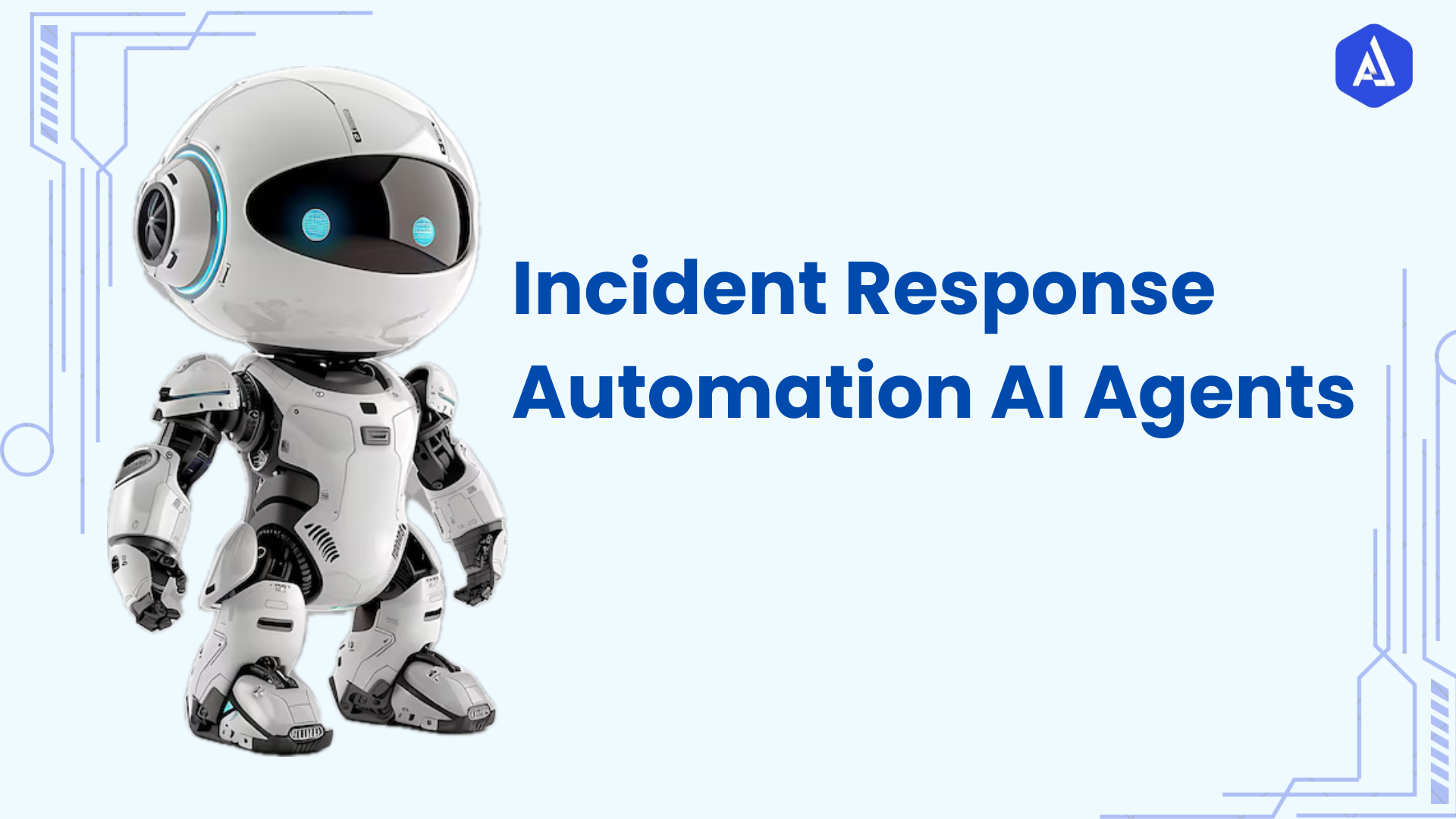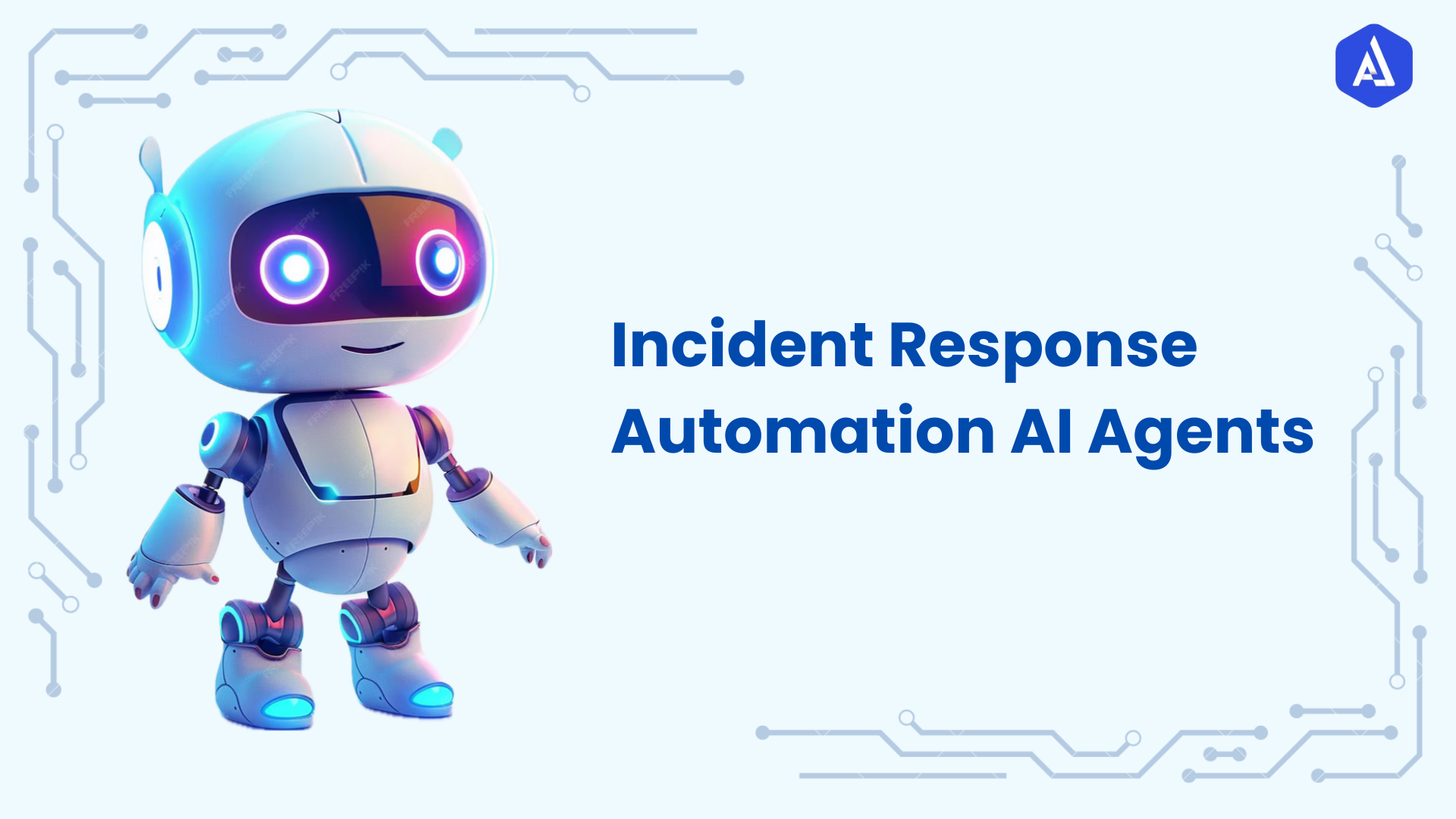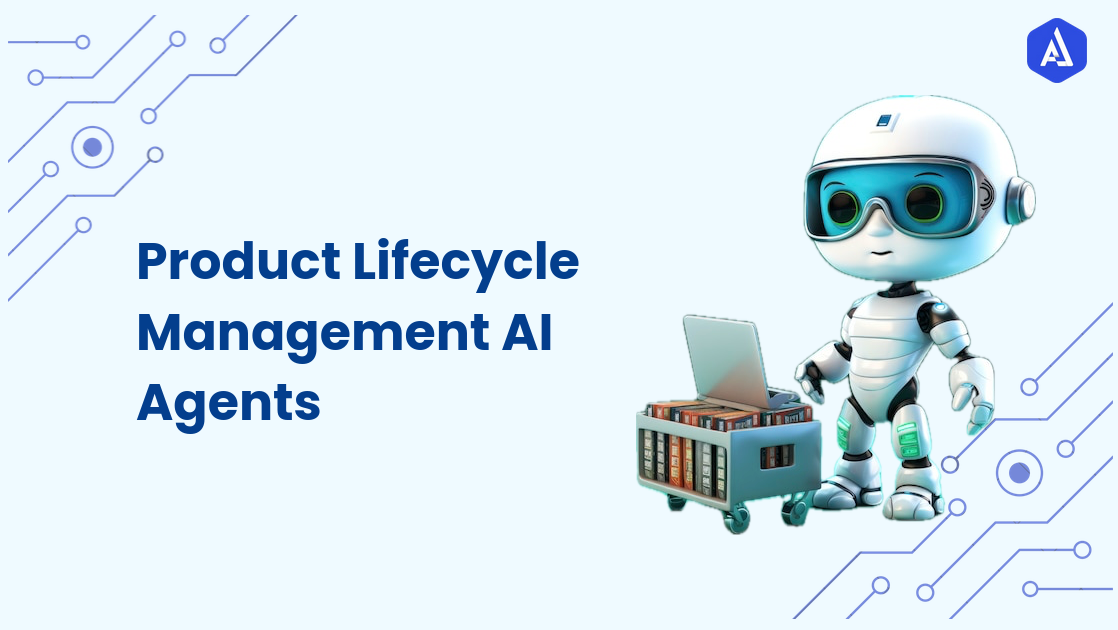In this fast-paced legal environment where consideration of a contract can be a phenomenally lengthy and error-prone process. But we’ve taken this important piece of legal work a long step further and have created a specialized, AI-powered agent that automates it. With its automated extraction, evaluation and management of documented key contract terms this AI agent makes legal teams more efficient, cheaper and more compliant with contracts than ever before.
About the Process
Historically, legal contract review and analysis has included painstaking reading of convoluted legal text, identification of dealbreakers, risk assessment and meeting legal standards. During the past this process was traditionally handled by junior associates, paralegals or legal assistants and was a time-consuming process as it involved trawling through mountains of documentation.
The main challenges with the traditional process include:
-
Time-Consuming Reviews: Loosely speaking, legal professionals spend hours on a contract, reading and referencing clauses, hunting for inconsistencies and marking potential risks.
-
Human Error: Long hours and a lot of dense material can even the most experienced legal professionals miss the finest details and result in errors with genuine legal or financial significance.
-
Inconsistent Review Quality: The quality of review of contracts can vary a lot based on the reviewer’s experience and dispatch risk, obligation or opportunities.
-
Compliance Issues: With a large volume of contracts, you can face challenges in how to ensure compliance with evolving laws, regulations and best practices in multiple jurisdictions.
Though the process is important to protect a company’s legal interests, the laborious manual handling of contracts is inefficient, full of error, and not scalable for greater law firms or higher contract volumes. This is where AI powered contract review comes in as it is changing the legal analysis by improving speed, accuracy and consistency.
Talk About the Agent: How the AI Agent Transforms Contract Review
Our Artificial Intelligence based Legal Contract Review and Analysis agent is aimed to integrate and simplify the most time-consuming aspects of contract review. Using state of art ML techniques and NLP, the agent is capable of spending reasonable amount of time to analyze each clause of a legal document, decide the risks attached with the clause and even frame amendments for those clauses.
Here’s how the agent functions:
-
Clause Extraction: AI agent is designed to search for and sort out clauses according to templates and recognized standards such as indemnity, non-disclosure and no-compete, payment schedule and dispute resolution clauses. Environment Scanning It cuts out a lot of work as the system scans the environment for pertinent areas.
-
Risk Identification: Due to the ability to perform analysis of historical legal data, the agent can detect dangers linked with specific contractual provisions, for instance, undesirable provisions or violation of the current legislation. These truths mark for the legal individuals to correct them.
-
Consistency Checks: Moreover, the AI agent analyses the language and structure of contracts, such as the same terms and clauses used in different documents. This lessens the chance of having some negative statements that may hamper the enforcement of the agreement in the future.
-
Compliance Monitoring: Getting into the operational issues, the agent is always informed of the current changes in the laws to be able to ensure that contracts are written in compliance with the current laws. It ensures that the business meets requirements set for specific industries, the region it operates in, or adheres to legal standards such as GDPR, FCPA etc.
-
Contextual Understanding: The AI agent is much more intelligent that merely matching a simple keyword search; the AI agent also comprehends the context of each clause. Combined with the high degree of NLP it can even evaluate the meaning of legal terms and constructs and be sure that extracted clauses match the contract's intent.
-
Contract Comparison: One of the important features AI does is comparing two or several versions of a contract to detect changes and revisions. It contrasts changes, making it simple for legal teams to follow what has changed and how the change will affect the rest of the agreement.
Our AI is not simply a substitute for human input, but rather, it serves as the thrust that increases legal work success by allowing lawyers to engage in better-quality high-value work such as negotiation and risk management.
Benefits and Values:
Importantly, the value propositions that this integration of our AI-powered legal contract review and analysis agent brings to contract review are as follows.
-
Increased Speed: The AI agent can process contracts in minutes that otherwise would take hours or days. With automation such as clause extraction and risk flagging, it curtails the time taken during review and increase the capacity of legal teams to generate processes from more contracts within a similar period.
-
Improved Accuracy: AI agents, in contrast, do not get tired or distracted; thus, what the human reviewers may fail to address is revealed time and again. Here, the focus of an AI agent is accuracy, with no chance that any critical clauses get missed while reviewing contracts at the highest level of accuracy.
-
Cost Efficiency: In such automation of contract review, the junior associates or paralegals need not consume time involving manual checks; instead, they help save labor costs since competent professionals are freed to dive into more involved legal analysis. It helps in saving a lot for firms and their clients.
-
Risk Mitigation: The AI agent has a capacity to flag potential risks which thereby mitigates exposure to legal, financial, and reputational damage. It ensures that contracts are not just aligned with regulation but not beset by clauses that can easily lead to dispute or unexpected costs.
-
Consistency and Standardization: A scrutiny of these contracts, in the form of standardization by the AI agent, ensures that contracts are uniform in all departments within the organization and, therefore, will have fewer chances of being at variance in any way. The overall result is a unified contract framework that enhances organizational efficiency.
-
Scalability: As the business expands to be able to deal with more contracts, scalability is not an issue for the AI agent as it can be scaled up to deal with higher workload without any compromise on performance or quality. This eventually means that the legal teams won't have to expand their workforce as they grow or deal with more contracts.
Use Cases: Where the AI Agent Can Be Applied
The AI-enhanced contract analysis tool is adaptable and can be employed in different sectors and legal jurisdictions. Here are a few examples among many:
-
Mergers and Acquisitions (M&A): Relating to M&A, the agent can perform an analysis of numerous types of contracts, for example – non-disclosure agreements (NDAs) as well as shareholder or asset purchase agreements and so forth, confirming that even regulatory provisions are followed and drawing attention to issues or deviations that may compromise the transaction in any way.
-
Corporate Governance: The agent is able to read and analyze corporate bylaws, articles of incorporation, shareholders’ agreements, and other governance records for conformity to relevant laws and practices. He will recommend amendments to the domestic governance framework to accommodate laws that have recently been enacted.
-
Financial Services: Naas ai also cuts across the financial services sector where the agent deals with regulation risk management. Such as ensuring that all templates and agreements are compliant with very sophisticated regulations such as the MiFID II directive Dodd Frank and a host of others. In this sector, MaV also reviews lBd assurance policy products, lending, and investment tent documents assessing compliance and risk.
-
Real Estate: The agent may for instance, evaluate in-house designs, tenancy contracts, construction agreements, and partnerships or, joint venture contracts ensuring that the provisions offered are advantageous and any potential dispute-inciting clauses are not included.
These applications showcase the need for and the benefits of contract review by AI across numerous sectors. Legal processes have more efficiency, decreased risks, timeliness and compliance in every legal sector.
Considerations: Challenges in Implementing AI for Contract Review
While the opportunities presented by AI in contract review are massive, several technical and operational challenges need to be overcome before successful implementation can be achieved:
-
Data Quality and Consistency: AI systems work best with very high-quality of training data. Legal documents have to be well-structured and consistent enough to allow for proper and accurate identification and analysis of clauses. An arduous task is the cleaning and standardization of legacy contracts.
-
Customization and Adaptation: While AI agents can consider a lot of varieties in types of contracts, they must be trained in firm-specific legal language, preferences, and risk profiles. Thus, there is an ongoing need for the customization of the agent to reflect the requirements and legal landscape of the firm in question.
-
Integration with Existing Systems: The AI agent should integrate with a firm's existing document management, contract lifecycle management, and enterprise resource planning (ERP) systems. So, compatibility with legacy systems is very important to carry out the process without any hassles.
-
Legal and Ethical Considerations: AI cannot be a substitute for the human mind, particularly when delicate interpretation of legal terminology is involved. Whatever work AI does, lawyers must oversee that process to ensure that ultimately it is in harmony with the ethical and legal requirements of the firm concerned.
Usability:
The Legal Contract Review and Analysis AI Agents improve contract management processes a great deal. Here’s how they are used:
-
Clause Extraction: Payment terms, non-disclosure, or dispute resolution are some of the clauses that the AI agent will capture from the contracts. This accelerates the review process by categorizing content by following standardized conventional templates.
-
Risk Identification: It uses both textual analysis of current legal wording and historical context to uncover potentially legal or financial problematic clauses.
-
Compliance Monitoring: The agent guarantees that contracts adhere to today’s legal matrix and business standards (e.g., GDPR, FCPA), so organizations remain code compliant.
-
Consistency Checks: Most importantly, it help prevent inconsistencies between one contract and another, as well as make contractual provisions stronger.
-
Contract Comparison: AI can also superimpose different versions of contracts and thus help legal teams track the changes and reviews made by them.
-
Contextual Understanding: Unlike simple keyword searches where the tool only searches for specific keywords but neither the contexts nor the intention of their clauses then, the AI-employed feature is smart with an advanced NLP, making a correct comprehension of clauses.
-
Amendment Suggestions: AI provides recommendations for modifying the clauses according to legal requirements, or on the basis of an identified risk level, thereby increasing the efficiency of contracts.
Talk About the Future: Evolving AI in Legal Contract Review
What the future will bring with AI-based legal contract review holds much promise in its many forward-looking developments:
-
Machine Learning Advancements: Advances in the models of machine learning hold promise in making AI agents better at holding up interpretations of complex language, in contexts, and even towards learning from past legal decisions. Thus, they will have an increasing capacity to be relied upon, which will accordingly enable them to take on more and more sophisticated legal challenges.
-
AI-Driven Negotiations: Future releases of AI agents could assist in the negotiation of contracts, and these might even analyze terms in real-time, suggesting improvement opportunities or even preliminary negotiations with the counterparty.
-
Blockchain Integration: AI-powered contract review agents could work with blockchain technology to create tamper-proof smart contracts, ensuring that all terms are automated and enforced without the need for intermediaries.


